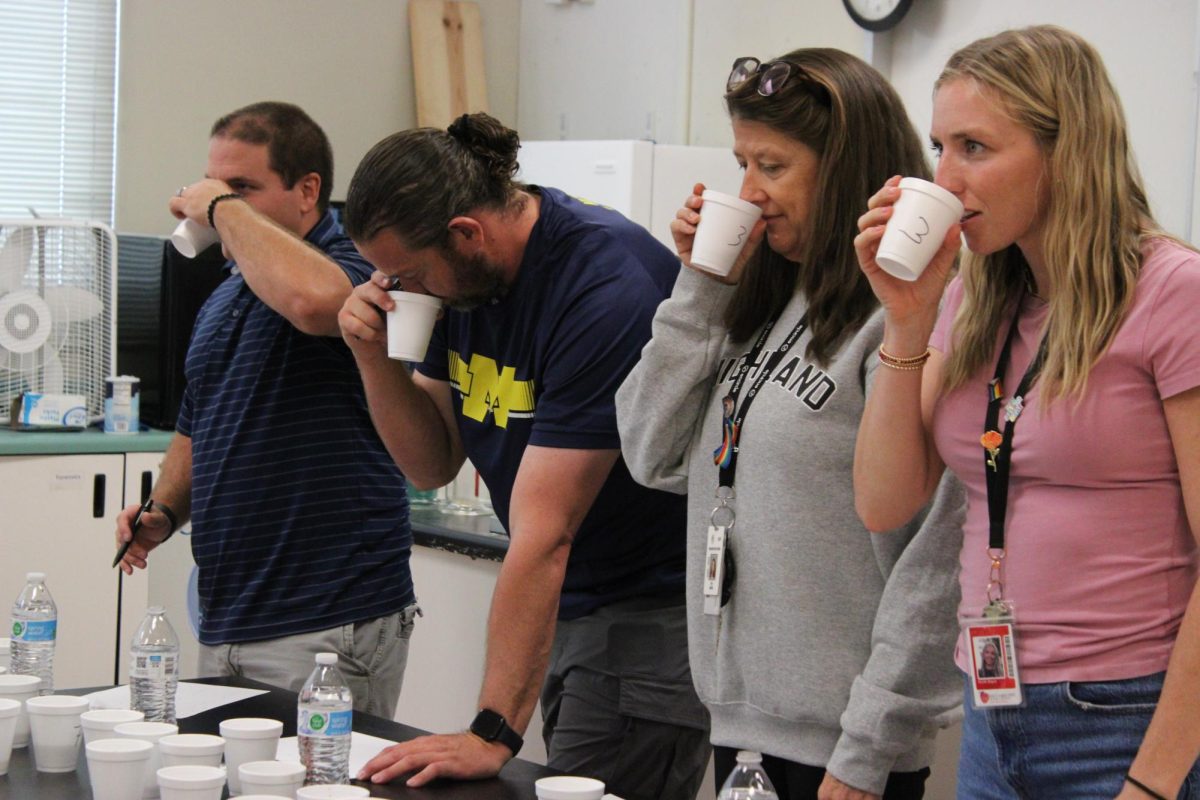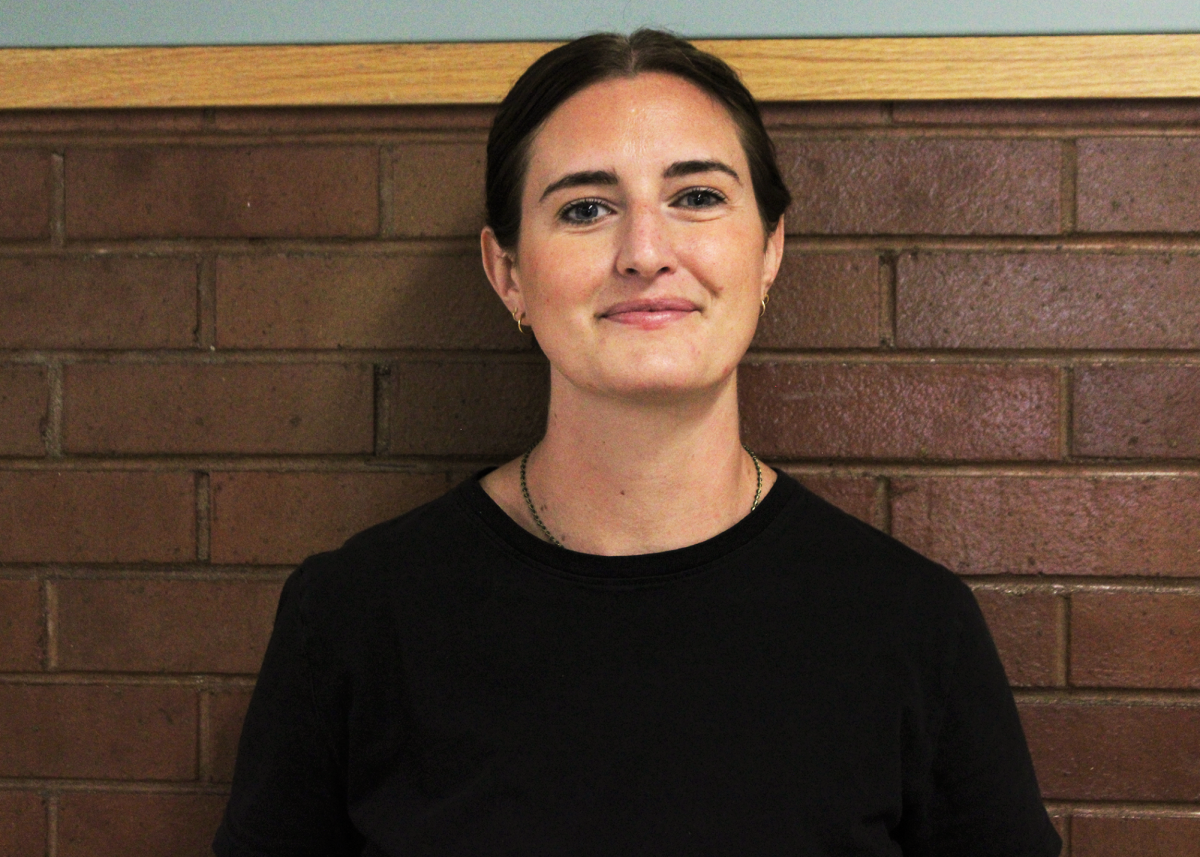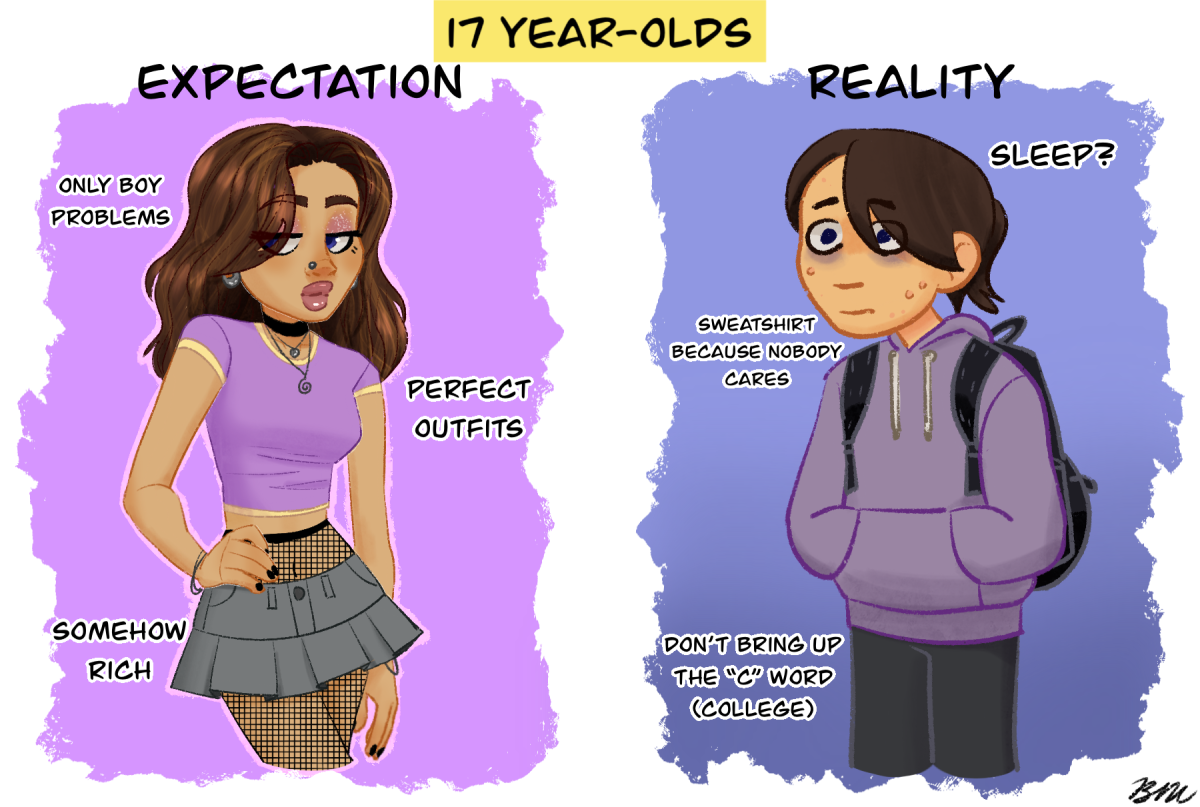POV: you spend every summer in a house on the beach with your mom, her best friend, and her sons—one of which you’ve liked for years and who has never really reciprocated feelings, and the other who’s suddenly a lot more attractive to you realized.
POV: you’re a member of one of your town’s two tribes of teens trying to solve the local mystery of a missing father and lost treasure.
POV: your perfect New York life falls apart and you have to leave everything behind to live with a family of 12 in rural Colorado, it’s the worst until you fall for the sweet brother—and the broody hot one….
Between school, homework, sports, hanging out with friends, and real-life drama, everyone needs a break from reality sometimes. So, we curl up on the couch and pull up the latest TV show everyone’s been talking about. These popular teen dramas are filled with just that: drama. They get you hooked with complicated romances, family drama, exciting adventures, and confusing friendships. Top it off with a cliff hanger at the end of each episode and attractive actors and you got yourself your new favorite TV show.
But at what point does it stop being fun, relaxing entertainment and turn into something that’s so over the top that it’s dangerous to teens? More and more, TV shows show things that most teens don’t want to see when they go to relax. The so-called teens on screen no longer resemble teenagers; the things they do and say are a lot more adult than what you think of when you think of teen dramas.
These shows normalize things like underage drinking, drug abuse, sex in high school, partying every weekend and not doing your work. The fact that the cast is always older than their characters also raises expectations as to what you’re supposed to look like in high school. It’s toxic for younger teens to see teens in the media doing these things and to think that that’s what high school is like, when in reality, high school is a lot different.
Of the shows that are the most inaccurate in their depiction of teenagers, HBO’s Euphoria is in a class of its own. High schoolers are depicted as doing drugs and drinking alcohol all the time. The show normalizes addiction in teenagers which can be really dangerous—especially for younger audiences.
The characters use these substances as an escape from reality and it’s portrayed as weird or uncommon to not be doing drugs as a coping mechanism. They show the escape side of it without exploring how dangerous it actually is.
Along with normalizing addiction to drugs, Euphoria also normalizes casual sex in high school. There’s an excessive amount nudity in the show— something that’s not at all appropriate for teens to watch, especially younger teens. They take things that do happen to a small degree and blow it all out of proportion. The show is not realistic and not relatable and it’s dangerous to normalize these things. What makes it worse is that Euphoria is categorized as a teen drama when the more appropriate audience would be people in their twenties.
While some shows choose to ramp up the drugs and alcohol, others choose different—less dangerous—things to emphasize. Amazon Prime’s The Summer I Turned Pretty is an example of a show that chose to really exaggerate the drama.
The excessive drama in the show is a lot more chaotic than drama in real high school, but it’s certainly less dangerous for younger viewers. The writers love to play up that drama to pull people in and get them to keep watching so they can make more money. And while that makes for a very entertaining show, we lose the relatable aspect of TV that we all enjoy.
I mean, how many people can actually relate to owning a second house on the beach where you spend the summers sitting around, going to parties, and shopping sprees every other weekend? TV shows — not just the recent ones, but many throughout the years — show only the well-off, generally white, families. There’s not much diversity in the teen dramas we all watch.
These shows also often set the tone for younger teens of what high school romances are like. No, there’s not that much drama in real life. Of course, there’s plenty of drama in high school, but they play it up so much on the screen it’s hard for younger audiences to know what to expect when they get there.
Once you start noticing how different high school is on screen from real life, it’s hard to stop. Relationships aren’t as focused on sex as TV shows make them out to be and average high school relationships only last about six months to a year. And very few people actually end up with their high school sweethearts.
Alongside unrealistic portrayals of high school relationships, the way the characters look on TV is so different from how real teens look. Rarely will you find actors who are the same age as the characters they play.
Netflix’s Riverdale is filled with actors ranging from ages 22 to 27, all playing high school juniors. And with the actors aging faster than the show can be released, the distance be actors’ ages and their characters’ ages just keeps increasing. It’s also a bit of a red flag that they have to cast older actors in teen roles instead of real teens. It just shows us that the show isn’t really made for teens if it’s illegal for teen actors to do the things their characters to do.
It’s also honestly a little disorienting seeing people who look like that portraying people your own age. Most of the actors have already gone through puberty whereas their viewers are right in the middle of it. It leads to unrealistic expectations as to what we’re supposed to look like and can cause teens to be more self-conscience about their bodies.
University of Michigan children’s hospital did a study about self-consciousness in teens and found that 73 percent of girls and 69 percent of boys struggle with body image issues. These numbers are a result of unrealistic beauty standards the media has created.
The teen dramas of the past few years have taken high school and exaggerated everything from drug use and drinking to relationship drama. They’re not realistic to what high school is actually like and set the bar high for younger teens preparing themselves for high school. With these TV shows portraying high school through such an unrealistic lens, are they even worth watching? Ultimately, each viewer needs to decide which teen dramas go too far; eventually, Hollywood will listen if the ratings drop.
Teen Programs: More Danger Than Drama?
Naomi Parnell, Associate Editor
February 15, 2024
0






























